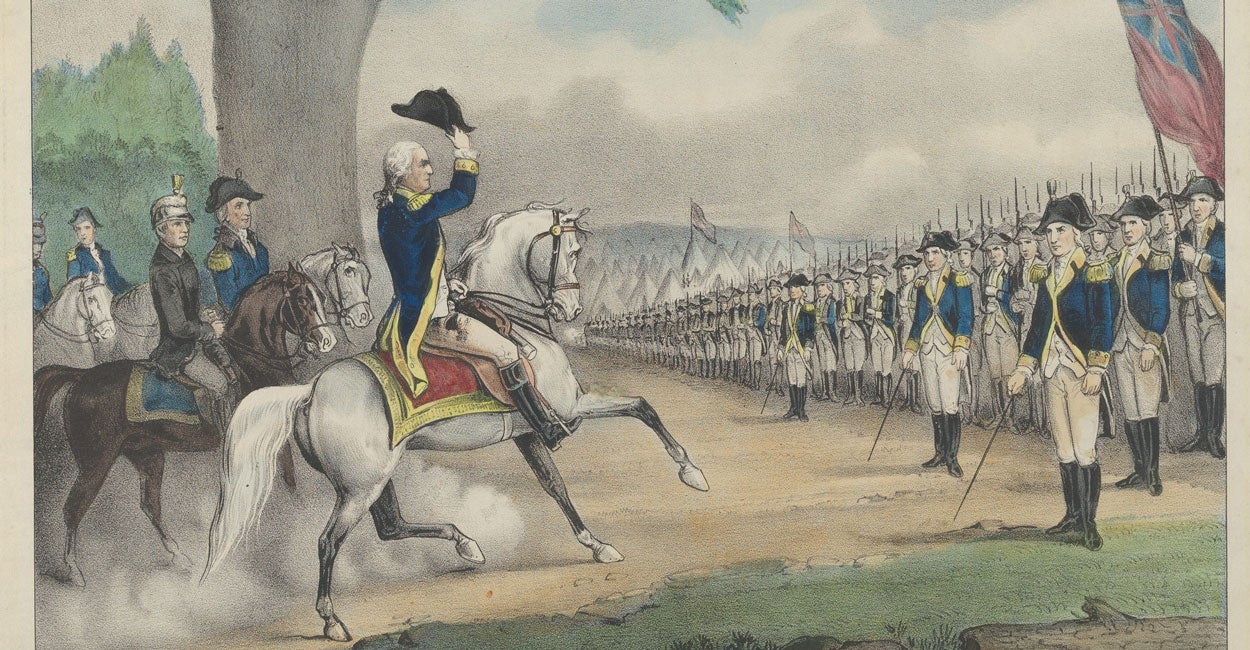Oxford is Now More or Less a Quango

There is an increasingly palpable sentiment that the elite educational institutions across the Western world are changing, and not for the better. Still, the reputations of Oxford and Cambridge retain a veneer of exceptional knowledge-creation based on their high educational standards, merit-based admission of students and the collective genius of historic alumni. The binary star-system of elite British education – often merged in the ‘Oxbridge’ portmanteau – is comparable only to the prestigious Ivy League group of universities in the United States.
But as these world-class institutions remain mired in controversy, having become germinal hotbeds for progressive activist protest movements, there is a growing recognition that the Cambridge of Bertrand Russell is not the Cambridge of Palestine Action, the Oxford of John Ruskin is not the Oxford of Riz Possnett. Confidence in these institutions has plummeted as standards of quality and excellence have slowly been eroded, all while academic freedom steadily declines, leaving the UK languishing in the 64th position in one world ranking.
Wards of the State
British universities have increasingly resembled quangos or politicised NGOs, having become helpless hosts of a parasitic and bloated state. At the behest of successive governments wielding the extensive powers of the Office for Students, universities have swapped academic selection for Diversity, Equity and Inclusion (DEI) practices, while trading academic rigour for a student-as-consumer model. Drunk on inflated international admission fees paid by a seemingly infinite reservoir of Chinese and Indian foreign students, our universities have lost their way; they can no longer be fairly compared to the institutions they once were despite retaining the international prestige that their historic reputations bring.

The mark of having been ‘educated’ in one of our Higher Education Institutions can be identified by a myriad of jargonistic buzz-concepts. The mandatory embedding of DEI (often re-ordered as EDI in Britain) across degree-level curriculums has produced graduates equipped with concepts of ‘decoloniality’, ‘feminist, gender, queer and trans theory’, analyses of ‘whiteness’ or ‘blackness’, and consideration of a ‘global majority’ in all subject fields, from history to law, and increasingly in the scientific domain. Meanwhile, elite Universities are brazenly screening aspiring faculty by requiring that they profess their ideological commitment in the application process. In the alarming case of Oxford University, applicants were asked to submit “evidence of interest and effectiveness in promoting a culture of equality and diversity in the workplace”. This principle is applied at all levels of the educational sector. With a budget totalling more than £7 billion, government funding of academic research hinges upon a clear demonstration of ideological allegiance; a practice clearly designed to impose a chilling effect on research and the projects researchers consider worthy of pursuit. Shockingly, there are now efforts to implement this model across all public funding of British universities. This proposal means that a university can be defunded if it does not meet the constantly-morphing chameleonic demands of diversity and inclusion.
Reform and DOGE UK
In contrast to the United States, where the White House has shown that it is willing to confront the activist-radicalism operating on some elite campuses, these practices are in ascendancy in Britain. The ‘vibe-shift’ in American politics has injected a direly-needed dose of optimism across the pond, signalling that reform is indeed possible and that British politics need not be limited to a sclerosis of the ‘uniparty’. Nigel Farage has propelled Reform UK to unparalleled popularity, all while DOGE UK is in its formative stages and the Procurement Files unearths a trend eerily mirroring DOGE US’s discoveries from its investigation into USAID. Meanwhile, a surprise decision by the Office for Students found that the University of Sussex had acted to curb the academic freedom of one of its professors of philosophy, Kathleen Stock, known for her gender critical views, resulting in an unprecedented £585,000 fine. The decision in March 2025 seemed to pre-empt the UK Supreme Court’s ruling that the concept of sex is binary in law, dramatically vindicating Professor Stock’s gender-critical beliefs. Unsurprisingly, with heels dug in, the University of Sussex recognised no error on its part, stating that the ruling will only harm the “diversity and vibrancy” of British universities.
If managed decline is to be swapped for the optimism of change, it would take an unparalleled revision of the aims of various non-departmental public bodies (NDPBs, i.e., quangos), such as the Office for Students and UK Research and Innovation (UKRI) and its subordinate research councils. The restoration of British educational excellence relies on the rediscovery of its foundational principles: genuine academic freedom can only flourish when researchers are not cowed from subjects due to restrictive funding practices; only when aspiring faculty are hired on the basis of merit, not ideological leaning, can true viewpoint diversity exist.
Admittedly, this seems a gargantuan task, but these public bodies remain under the authority of Parliament and a willing government would have the legal ability and democratic mandate to enact the necessary reforms. A ‘bonfire of the quangos’ has been the intention of all governments in recent memory, with both Labour and Reform UK now having announced their intention to cut government spending and ‘de-bureaucratise’ decision-making. Only Reform UK, however, has expressly stated its opposition to the entrenchment of DEI in public bodies, and its recent local election wins have jolted factions within Labour to follow suit. We are perched atop a tide which may be turning. But if politics is downstream of culture, then it faces an 11th-hour upstream swim against the tide if we are to return our historic universities to their former prestige.
Darren Gee is London-born and based writer and cultural critic. Follow him on Substack.













